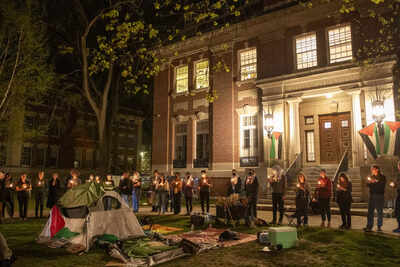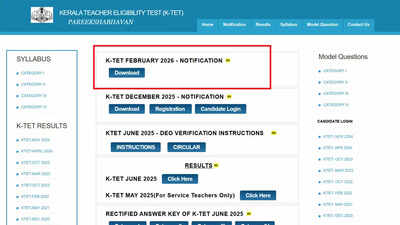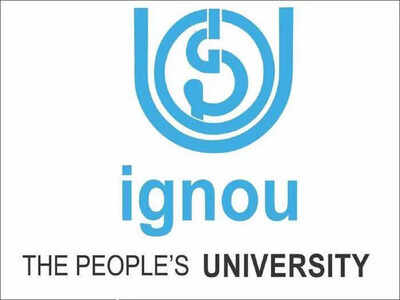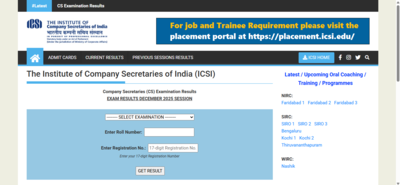How higher education in the US is becoming collateral in the geopolitical power struggle

In a world increasingly divided by geopolitical rivalries, American universities are no longer neutral spaces for learning and research. They’ve become unintended players in the global power struggle, facing scrutiny, sanctions, and ideological pressure from both domestic and foreign governments.From congressional probes into Chinese scholarships to Russia branding Yale University an enemy, higher education is now caught in the crosshairs of international politics. And the collateral damage is already being felt across campuses.
Academic exchange or strategic threat?
The latest flashpoint is the China Scholarship Council (CSC), a government-funded program that sends Chinese graduate students to study in US institutions. What was once seen as a tool of academic diplomacy is now under suspicion.This week, House Republicans sent letters to seven top US universities — including Dartmouth College, the University of Notre Dame, and several University of California campuses, demanding records on CSC-sponsored students and whether they had access to US government-funded research.According to the House Select Committee on the Chinese Communist Party, chaired by Rep. John Moolenaar, the CSC is a “nefarious mechanism” designed to advance China’s military-industrial goals through academic infiltration.At Dartmouth and Temple University, CSC students reportedly receive partial tuition support and stipends: a detail now under the congressional microscope.
Texas draws a red line
In a parallel development, Texas Governor Greg Abbott issued an executive order in early 2025 requiring all public universities in the state to sever ties with institutions or individuals from so-called “foreign adversaries,” including China, Russia, Iran, and North Korea.Major public institutions including UT Austin, Texas A&M, and the University of Houston, are now revising funding protocols, freezing collaborations, and reassessing international partnerships.While the state defends the move as a national security imperative, academics warn of deeper consequences: racial profiling, academic censorship, and a growing fear among international students and scholars, particularly those of Asian descent.
Yale blacklisted in Russia
Across the globe, Russia has intensified its pushback on Western institutions. In a highly symbolic act, the Kremlin declared Yale University an “undesirable organisation,” accusing it of destabilising Russia and promoting opposition movements.The move effectively criminalises any association with Yale in Russia, even though the university has minimal operations in the country. Officials cited Yale’s alleged links to the late Russian dissident Alexei Navalny — a sign that even indirect affiliations are enough to trigger retaliation.For US universities, it’s a sobering warning: foreign partnerships can quickly turn into political liabilities.
A broader academic decoupling
These incidents are part of a much larger pattern — one that’s reshaping the very fabric of global academia. What used to be seen as mutually beneficial research and exchange is now viewed through the lens of espionage, propaganda, and power competition.Consider the recent cases:
- Harvard University is under political fire for its historical ties with Chinese entities. A lawsuit erupted earlier this year when the US government sought to restrict the university’s ability to admit foreign students.
- Confucius Institutes, once common across US and European campuses, have been shut down across Australia, Germany, and Japan over concerns of censorship and Chinese influence.
- Following the Russia-Ukraine war, major universities in Europe and Australia cut ties with Russian research institutions, halting decades of scientific cooperation.
All these actions underscore a growing belief: academia is no longer immune to geopolitics — it is entangled in it.
Why this matters for students and scholars
With over 270,000 Chinese students in the US during the 2023–24 academic year — nearly a quarter of all international students — any shift in policy or visa scrutiny has massive consequences. For many, academic dreams are being shaped not by merit, but by politics.University leaders now face a tough balancing act: how to protect open inquiry and international partnerships while also addressing national security concerns.Some are tightening internal oversight, while others are reconsidering foreign-funded projects and re-evaluating longstanding collaborations. But the cost of disengagement could be steep: not just in lost funding, but in lost opportunities for global learning and progress.
The new academic order
The message is becoming unmistakable: universities are now battlegrounds in the global struggle for influence, ideology, and innovation.Whether it’s sudden visa revocations, executive orders, blacklists, or lawsuits, the academic world is being reshaped in real time by policies crafted far from any campus. And as international tensions deepen, the risk is that universities will lose the very values they were built on: openness, collaboration, and freedom of thought.In this new landscape, higher education is no longer just a participant in global exchange: it’s collateral in a power struggle that shows no signs of slowing down.TOI Education is on WhatsApp now. Follow us here.






